Uncategorized
-
 Astronomy
AstronomyWhen James Webb launches, it will have a bigger to-do list than 1980s researchers suspected
The James Webb Space Telescope has been in development for so long that space science has changed in the meantime.
-
 Astronomy
AstronomySpace rocks may have bounced off baby Earth, but slammed into Venus
New simulations suggest a way to help explain dramatic differences between the sibling worlds.
-
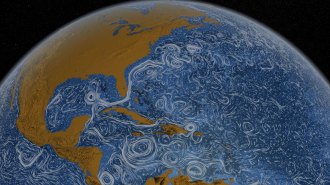 Physics
PhysicsWork on complex systems, including Earth’s climate, wins the physics Nobel Prize
Syukuro Manabe and Klaus Hasselmann pioneered work on computer simulations of Earth’s climate. Giorgio Parisi found hidden patterns in disordered complex materials.
-
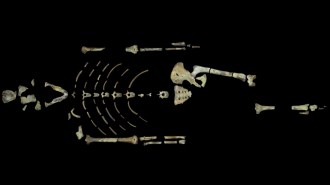 Chemistry
ChemistryRadiometric dating puts pieces of the past in context. Here’s how
Carbon dating and other techniques answer essential questions about human history, our planet and the solar system.
By Sid Perkins -
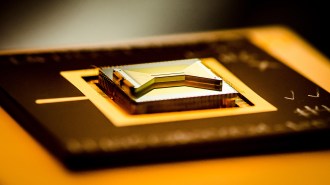 Quantum Physics
Quantum PhysicsScientists are one step closer to error-correcting quantum computers
In a quantum computer made with trapped ions, multiple quantum bits were combined into one to detect mistakes.
-
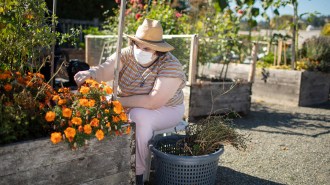 Health & Medicine
Health & MedicineA custom brain implant lifted a woman’s severe depression
An experimental device interrupts brain activity linked to a woman’s low mood. The technology, she said, has changed her lens on life.
-
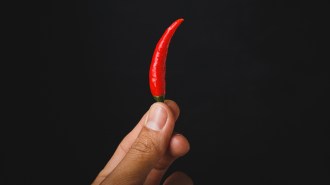 Health & Medicine
Health & MedicineDiscovering how we sense temperature and touch wins the 2021 medicine Nobel Prize
Finding sensors on nerve cells that detect temperature and pressure nets California scientists David Julius and Ardem Patapoutian a Nobel Prize.
By Tina Hesman Saey and Freda Kreier -

-

Good things come to astronomers who wait
Editor in chief Nancy Shute discusses the long-awaited launch of the James Webb Space Telescope and an update on our SN 10: Scientists to Watch.
By Nancy Shute -
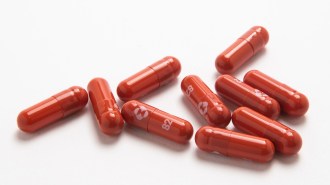 Health & Medicine
Health & MedicineA new antiviral pill cuts COVID-19 hospitalization and death rates
Merck says its drug, molnupiravir, stops viral replication and can be taken right after a COVID-19 diagnosis.
-
 Chemistry
ChemistryInk analysis reveals Marie Antoinette’s letters’ hidden words and who censored them
Chemical analyses of letters written by Marie Antoinette solve a French Revolution mystery: Who censored the queen?
-
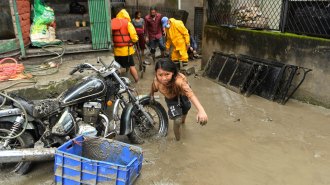 Climate
Climate2020 babies may suffer up to seven times as many extreme heat waves as 1960s kids
Children born in 2020 will bear a much heavier burden from climate change during their lifetimes than those born in 1960, a new analysis finds.